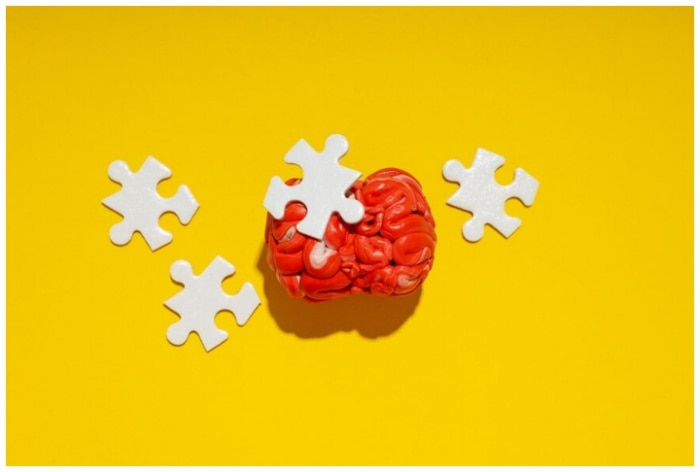Schizophrenia Day is commemorated to raise more awareness about the mental health disorder. More awareness can help in recognising early warning signs.
Schizophrenia is a mental health disorder that impacts the cognitive functioning of the brain. According to statistics reported by the World Health Organisation (WHO), it affects nearly 24 million people. “Onset is most often during late adolescence and the twenties, and onset tends to happen earlier among men than among women,” reports WHO.
Schizophrenia Day is observed to raise awareness about this and also spread more sensitivity towards people suffering from it. Schizophrenics often tend to have a hard time developing relationships, they also face societal exclusions and there is also a lot of stigma built around them.
With more awareness, it is easier to recognise any tell-tale signs and symptoms in teens, adults and the elderly and further take immediate medical response to it. Here are few early warning signs that people should look out for.
WORLD SCHIZOPHRENIA DAY: 5 EARLY WARNING SIGNS AND SYMPTOMS TO KNOW
- Delusions: A person may start to build their own firm and fixed beliefs if something is right or wrong despite any evidence that may suggest otherwise. It may get difficult to convince them of the contrary of their thoughts. Reasoning may start to become challenging.
- Hallucinations: People often start to develop a false sense of things. They may claim hearing, smelling, touching, and seeing things that most likely do not exist or are not present in that moment.
- Disorganised Speech: Making conversations may start to get difficult for people who might have schizophrenia. Disorganised speech can further lead to blurred thinking lines as well. A person may not be able to answer what is asked, they might speak of totally different things and topics altogether.
- Trouble With Motor Skills: Mood swings, child-like behavior, aggressiveness, unpredictable behaviour is common. People with schizophrenia may not respond to certain instructions and start acting a little bizarre. They may struggle with proper posture and sometimes even everyday activities can be challenging.
- Negative Symptoms: These may include restricted expression of emotions, and prolonged cognitive and thinking issues. One may face difficulty with speech, have social withdrawal, etc.
According to WHO, people living with schizophrenia often experience persistent difficulties with their cognitive or thinking skills, such as memory, attention, and problem-solving etc. Therefore, it is important to build a safe space and that may happen as we become more sensitive towards mental health issues and have more awareness.

